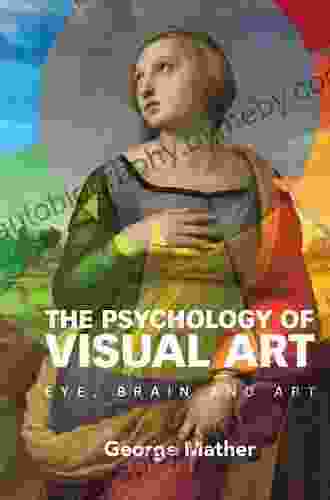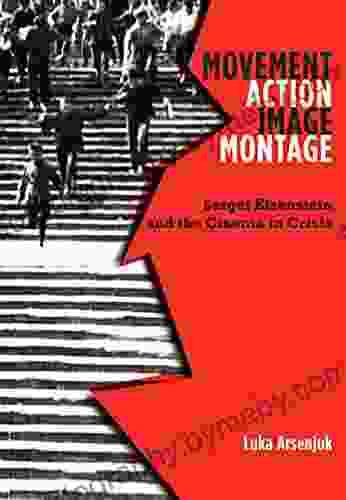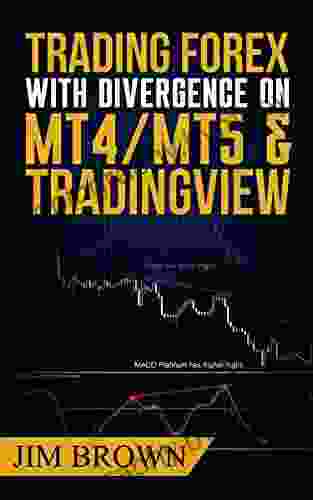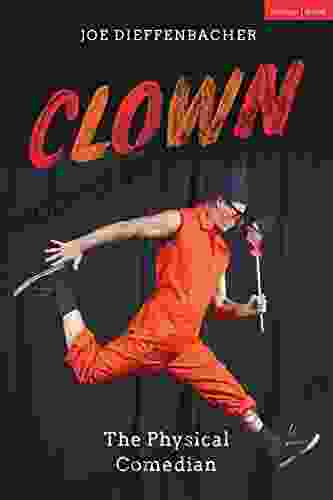Sergei Eisenstein and the Cinema in Crisis: A Master's Enduring Legacy

4 out of 5
| Language | : | English |
| File size | : | 2303 KB |
| Text-to-Speech | : | Enabled |
| Screen Reader | : | Supported |
| Enhanced typesetting | : | Enabled |
| Word Wise | : | Enabled |
| Print length | : | 280 pages |
: The Cinematic Revolutionary

Sergei Eisenstein, the renowned Soviet filmmaker, stands as a towering figure in the annals of cinema history. His groundbreaking theories, innovative editing techniques, and profound influence on the art of filmmaking have left an indelible mark on the cinematic landscape.
The publication of "Sergei Eisenstein and the Cinema in Crisis" provides a comprehensive examination of Eisenstein's revolutionary vision and its unwavering relevance in contemporary times. Through rigorous analysis and insightful commentary, the book delves into the depth and breadth of Eisenstein's cinematic legacy.
Eisenstein's Theory of Montage
"The whole is greater than the sum of its parts," declared Eisenstein, encapsulating the essence of his groundbreaking theory of montage. Eisenstein believed that the dynamic juxtaposition of seemingly unrelated shots could create a powerful emotional and cognitive impact far exceeding the mere sum of the individual images.
In his seminal work "Battleship Potemkin," Eisenstein employed this theory to convey the horrors of the 1905 Odessa uprising with breathtaking force. The notorious "Odessa Steps" sequence, featuring the relentless massacre of innocent civilians, stands as a testament to the power of Eisenstein's montage technique to elicit visceral reactions and convey complex political messages.
The Cinema as a Weapon for Social Change
Eisenstein's work was deeply rooted in the societal upheavals and political turmoil of his time. He saw cinema as a transformative force, a medium capable of mobilizing the masses and igniting revolutionary sentiment.
His films, such as "October" and "Ivan the Terrible," served as powerful propaganda tools, celebrating the triumphs of the Bolshevik revolution and extolling the virtues of communism. Eisenstein believed that cinema had the potential to reshape social consciousness and inspire collective action toward a more just and egalitarian society.
Eisenstein and the Crisis of Representation
"Sergei Eisenstein and the Cinema in Crisis" explores Eisenstein's preoccupation with the crisis of representation in cinema. As the medium evolved, Eisenstein grappled with the limitations of existing cinematic techniques to fully capture the complexities of human experience and societal transformation.
His later works, such as "Que Viva Mexico!" and "Ivan the Terrible," reflect his experimentation with unconventional narrative structures, nonlinear editing, and surreal imagery in an attempt to transcend the boundaries of traditional filmmaking and address the challenges of representing a rapidly changing world.
: Eisenstein's Enduring Legacy

"Sergei Eisenstein and the Cinema in Crisis" offers a compelling and thought-provoking exploration of one of cinema's most influential and enigmatic figures. By shedding light on Eisenstein's revolutionary theories, innovative techniques, and unwavering commitment to social change, the book illuminates his enduring relevance in today's rapidly evolving cinematic landscape.
Whether you are a seasoned film scholar, an aspiring filmmaker, or simply a lover of the cinematic arts, "Sergei Eisenstein and the Cinema in Crisis" is an indispensable resource that will deepen your understanding of this visionary filmmaker and his profound impact on the world of cinema.
4 out of 5
| Language | : | English |
| File size | : | 2303 KB |
| Text-to-Speech | : | Enabled |
| Screen Reader | : | Supported |
| Enhanced typesetting | : | Enabled |
| Word Wise | : | Enabled |
| Print length | : | 280 pages |
Do you want to contribute by writing guest posts on this blog?
Please contact us and send us a resume of previous articles that you have written.
 Book
Book Novel
Novel Page
Page Chapter
Chapter Text
Text Story
Story Genre
Genre Reader
Reader Library
Library Paperback
Paperback E-book
E-book Magazine
Magazine Newspaper
Newspaper Paragraph
Paragraph Sentence
Sentence Bookmark
Bookmark Shelf
Shelf Glossary
Glossary Bibliography
Bibliography Foreword
Foreword Preface
Preface Synopsis
Synopsis Annotation
Annotation Footnote
Footnote Manuscript
Manuscript Scroll
Scroll Codex
Codex Tome
Tome Bestseller
Bestseller Classics
Classics Library card
Library card Narrative
Narrative Biography
Biography Autobiography
Autobiography Memoir
Memoir Reference
Reference Encyclopedia
Encyclopedia John J Domagalski
John J Domagalski Manish Kumar
Manish Kumar Thomas Kabis
Thomas Kabis Amy Singleton
Amy Singleton Pamela Hicks
Pamela Hicks David Diaz
David Diaz Amy Phillips Penn
Amy Phillips Penn Martin Hall
Martin Hall J Scott Long
J Scott Long Andrea Heuston
Andrea Heuston Winston S Churchill
Winston S Churchill Ann Gadzikowski
Ann Gadzikowski Amy Welborn
Amy Welborn Andrew Kavchak
Andrew Kavchak Andy Crouch
Andy Crouch Scott Bestul
Scott Bestul Stephen Mertz
Stephen Mertz Eric R Kandel
Eric R Kandel Jeanette S Martin
Jeanette S Martin William Stott
William Stott
Light bulbAdvertise smarter! Our strategic ad space ensures maximum exposure. Reserve your spot today!

 José SaramagoThe Psychology of Visual Art: Unlocking the Secrets of Human Perception and...
José SaramagoThe Psychology of Visual Art: Unlocking the Secrets of Human Perception and... Jacob FosterFollow ·4.2k
Jacob FosterFollow ·4.2k John GreenFollow ·15.9k
John GreenFollow ·15.9k Spencer PowellFollow ·16.3k
Spencer PowellFollow ·16.3k Ira CoxFollow ·8.4k
Ira CoxFollow ·8.4k James GrayFollow ·4.1k
James GrayFollow ·4.1k Albert ReedFollow ·9.1k
Albert ReedFollow ·9.1k Ethan MitchellFollow ·15.1k
Ethan MitchellFollow ·15.1k Dalton FosterFollow ·6.2k
Dalton FosterFollow ·6.2k

 Bryce Foster
Bryce FosterCelebrate the Luck of the Irish: Unveiling Saint...
As the verdant hues of spring brush...

 Chase Simmons
Chase SimmonsCody Rodeo: A Photographic Journey into the Heart of the...
Step into the arena of the...

 David Mitchell
David MitchellUnveiling the Enchanting World of Door County Quilts: A...
Step into the Heart of Amish Country in...

 Floyd Powell
Floyd PowellCowboy Chatter: Unraveling the Enigmatic Tales of the Old...
Step into the...

 Ismael Hayes
Ismael HayesUnlock Content Marketing Mastery: How to Create...
In today's digital landscape, content is...

 Boris Pasternak
Boris PasternakMore Than 200 Hardball Questions For The Thinking Fan
The Ultimate Baseball Trivia Challenge Are...
4 out of 5
| Language | : | English |
| File size | : | 2303 KB |
| Text-to-Speech | : | Enabled |
| Screen Reader | : | Supported |
| Enhanced typesetting | : | Enabled |
| Word Wise | : | Enabled |
| Print length | : | 280 pages |










